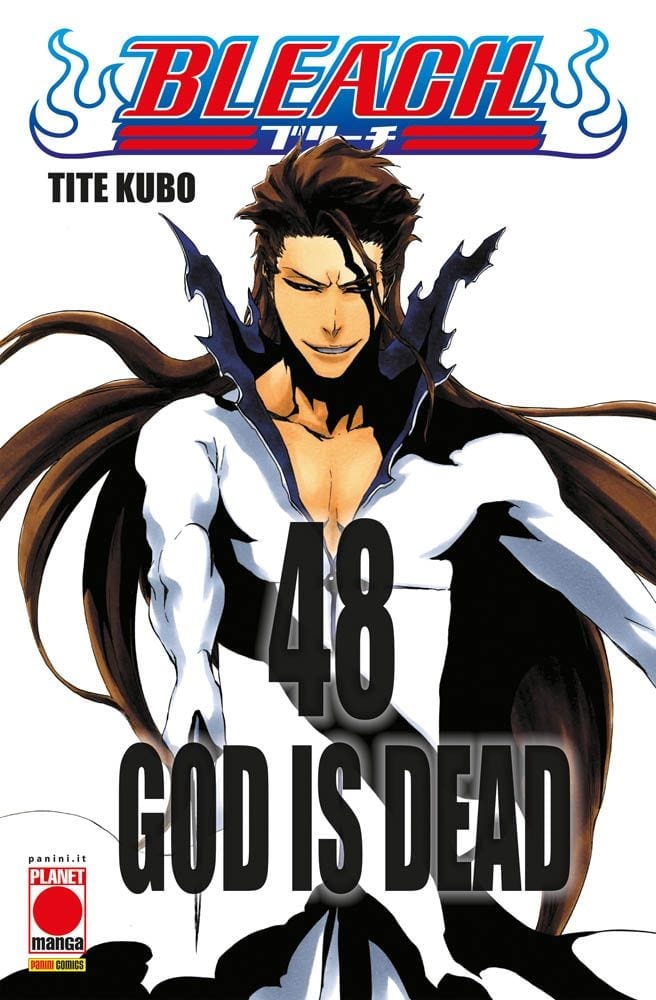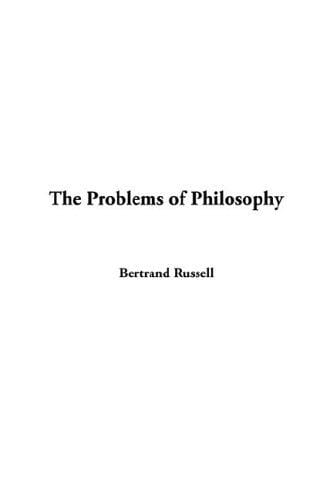God Is Dead: What Nietzsche Really Meant and Why It Still Matters
Unpack Nietzsche's provocative phrase 'God is dead', its true meaning, cultural impact, and why it still matters in today’s secular and spiritual debates.

Introduction: A Phrase That Echoes Through Time
Few statements in the history of ideas generate as much curiosity, confusion, and controversy as the declaration "God is dead." First penned by the German philosopher Friedrich Nietzsche in the late nineteenth century, the phrase continues to reverberate through classrooms, churches, think-tanks, and social media feeds. Yet, despite its notoriety, many people still misunderstand what Nietzsche sought to convey. Rather than a triumphant call for atheism, "God is dead" was a lament, a diagnosis of a cultural and spiritual crisis brought on by modernity. In approximately 800 words, this article explores the origin, meaning, and ongoing relevance of this provocative claim.
The Birth of a Provocative Idea
The phrase appears most memorably in Nietzsche’s 1882 book "The Gay Science" and again in "Thus Spoke Zarathustra." In a parable titled "The Madman," a frantic prophet runs into a marketplace proclaiming that he seeks God, only to announce that "God is dead, God remains dead, and we have killed him." Nietzsche used this dramatic image to capture the seismic shift occurring in Western Europe. Advances in science, historical criticism of the Bible, and the secularization of public life had eroded traditional Christianity’s authority. People no longer unquestioningly grounded their moral values or sense of purpose in the divine. For Nietzsche, the death of God was less a literal event than a metaphor for the collapse of an overarching moral framework that had guided Western civilization for centuries.
Common Misinterpretations
One persistent misconception equates Nietzsche’s statement with a simple denial of God’s existence. While Nietzsche was indeed skeptical of Christianity, his deeper concern lay in what would come next. He feared that, in abandoning religious belief, society might drift into nihilism—the idea that life lacks inherent meaning or value. Rather than celebrating God’s demise, Nietzsche warned that humanity would have to become its own source of meaning. A second misinterpretation paints Nietzsche as anti-religious in a shallow, reactionary sense. In reality, he admired the cultural power and creative force that faith once provided. His critique targeted complacency and dogmatism, not spirituality itself. Understanding these nuances helps us see "God is dead" as a call to responsibility, not simply an atheist slogan.
The Ethical Vacuum and the Will to Power
If God no longer anchors morality, what fills the gap? Nietzsche proposed the concept of the "Übermensch"—often mistranslated as "superman"—to represent individuals who craft their own values through creative self-overcoming. This ties into his broader idea of the "will to power," the drive to shape and reinterpret reality. Rather than accepting inherited moral codes, the Übermensch actively reevaluates values in light of personal and cultural growth. Nietzsche did not offer a ready-made ethical system; instead, he challenged each person to become an artist of their own life, forging meaning in a seemingly indifferent universe. The death of God thus presents both a danger and an opportunity: a danger of nihilism, and an opportunity for radical self-creation.
Impact on Modern Thought and Culture
Nietzsche’s proclamation rippled across disciplines, inspiring existentialist philosophers like Jean-Paul Sartre and Albert Camus, who grappled with meaning in a post-theistic world. In theology, thinkers such as Paul Tillich and the "death of God" movement of the 1960s addressed how faith could survive in secular contexts. Literature, from James Joyce to contemporary graphic novels, often features characters wrestling with divine absence. Even pop culture riffs on the phrase: songs, films, and memes invoke "God is dead" to signal rebellion against outdated norms. By highlighting the void left by declining faith, Nietzsche forced artists, theologians, and scientists to confront questions of purpose and morality head-on.
Relevance in the 21st Century
More than a century after Nietzsche, the issues he raised remain pressing. Surveys across Europe and North America show rising numbers of religious "nones"—people unaffiliated with organized faith. Meanwhile, political polarization, climate anxiety, and rapid technological change fuel a sense of uncertainty reminiscent of Nietzsche’s time. Some respond with renewed fundamentalism, others with apathy or radical skepticism. The challenge Nietzsche posed—how to live authentically without absolute certainties—echoes in debates over bioethics, artificial intelligence, and social justice. Whether one embraces religion, spirituality, or secular humanism, grappling with "God is dead" can clarify the sources of our values and commitments.
Critiques and Counterpoints
Critics argue that Nietzsche underestimated the resilience and adaptability of religious traditions. Indeed, religion persists globally, often thriving in new forms. Liberation theology in Latin America, interfaith environmental movements, and digital spirituality on TikTok illustrate how faith adapts to modern life. Others note that Nietzsche’s elevation of individual value-creation can justify selfishness or elitism. Communal ethics and interdependence remain crucial for addressing collective problems such as inequality and climate change. Thus, while Nietzsche’s insight into the waning cultural authority of God remains potent, his solutions are not universally accepted.
Finding Meaning After the Death of God
If the death of God signals the end of one grand narrative, it also opens space for many smaller, pluralistic narratives. People craft meaning through art, science, relationships, and activism. Secular philosophies like humanism emphasize human welfare as the highest good, while mindfulness practices draw from Eastern traditions without requiring theism. Even within religion, many believers reinterpret doctrines metaphorically rather than literally, blending faith with critical inquiry. Nietzsche may have diagnosed a spiritual rupture, but he also pointed toward a future in which meaning is dynamic, evolving, and co-created.
Conclusion: Responsibility and Possibility
"God is dead" endures because it names a turning point in cultural consciousness. Whether we mourn, celebrate, or question that death, Nietzsche’s words compel us to confront the foundations of our beliefs. They challenge complacency and invite creativity. In the vacuum left by divine certainty, we are tasked with authoring new stories, forging new ethics, and building communities that reflect our highest aspirations. The question is no longer whether God is dead but what we, the living, will do in the aftermath.



